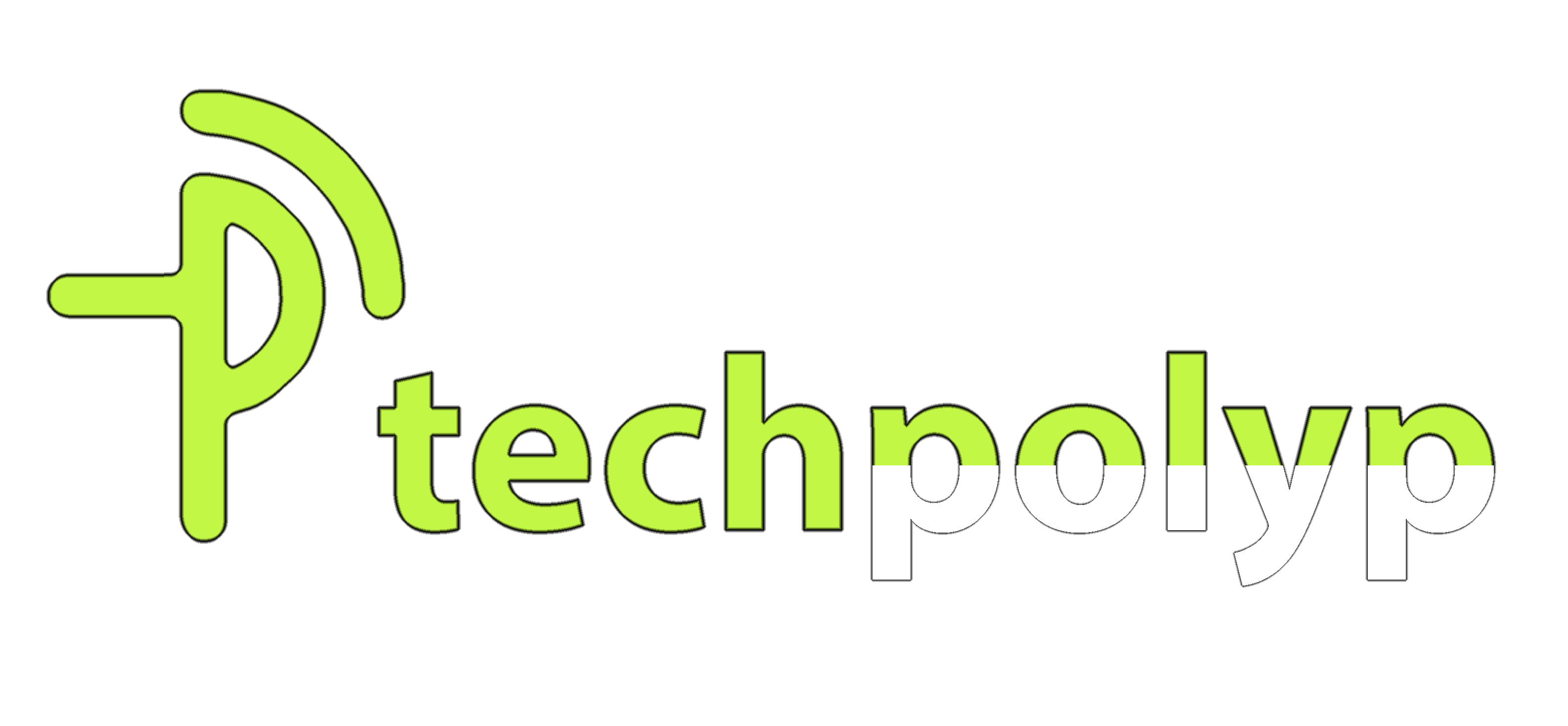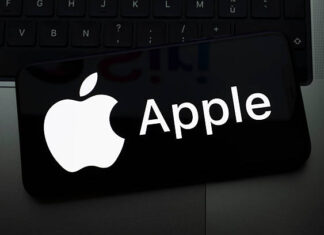When you purchase through links on our site, we may earn an affiliate commission. This doesn’t affect our editorial independence.
The lawsuit claims that it is unfair and deceptive to postpone the Apple Intelligence features that are advertised in the iPhone 16.
US prosecutors are suing Apple, claiming that the company’s “promotion of now-delayed Apple Intelligence features constituted false advertising and unfair competition.” The decision to postpone the “more personalized Siri” that was initially revealed last summer as a component of Apple Intelligence has left the company reeling. The iPhone 16 has been heavily marketed by Apple Intelligence. The firm has run advertisements for services like Image Playground, Genmoji, and Siri.
Apple removed its YouTube advertisement promising the more customized Siri after deciding to postpone the integration of the features it promised. It also posted disclaimers on its website regarding the feature’s availability.
The case was filed at the U.S. District Court in San Jose on Wednesday, March 19. It demands undefined damages for those who bought devices that could run Apple Intelligence features. It was filed by Clarkson Law firm, the same firm that sued Google and OpenAI over their unlawful AI practices.
Plaintiffs Say Apple Published Misleading Advertisements
According to the plaintiffs in the lawsuit, Apple’s advertisements “flooded the internet, television, and other airwaves to cultivate a clear and reasonable consumer expectation that these transformative features would be available upon the iPhone’s release.” The plaintiffs acknowledged that Apple removed the YouTube advertisement for the more personal Siri, but pointed out that the company has not withdrawn all of the similarly false claims that were made in the market starting in the summer of 2024.
They also claim that the company has not taken any steps to fairly compensate the customers who were harmed by the company’s pervasive deception. According to the lawsuit, Apple’s marketing of its Intelligence features “drove unprecedented excitement” with the aim to get customers to upgrade.
“Contrary to Defendant’s claims of advanced AI capabilities, the Products offered a significantly limited or entirely absent version of Apple Intelligence, misleading consumers about its actual utility and performance. Worse yet, Defendant promoted its Products based on these overstated AI capabilities. This misled consumers to believe they were purchasing a device with features that did not exist or were materially misrepresented,” the plaintiffs stated.
Apple Deferred Launching of Apple Intelligence Features
The lawsuit was filed only a few weeks after the company acknowledged that it would take longer to implement some of the features it promised for Apple Intelligence.
“We expect to roll out these features in the upcoming year, but it will take us longer than we anticipated to deliver on them,” Apple said earlier this month. One of the delayed features is a more customized Siri that can react to inquiries based on data captured by the device and take actions across apps.
You might say, for instance, “Play that podcast that Nelson recommended,” and Siri would find and play the episode without you needing to recall if it was mentioned in an email or a text message, Apple clarified in June.
Check Out Our Previous Post:
Apple Agrees to $95 Million Settlement Over Siri Privacy Concerns










